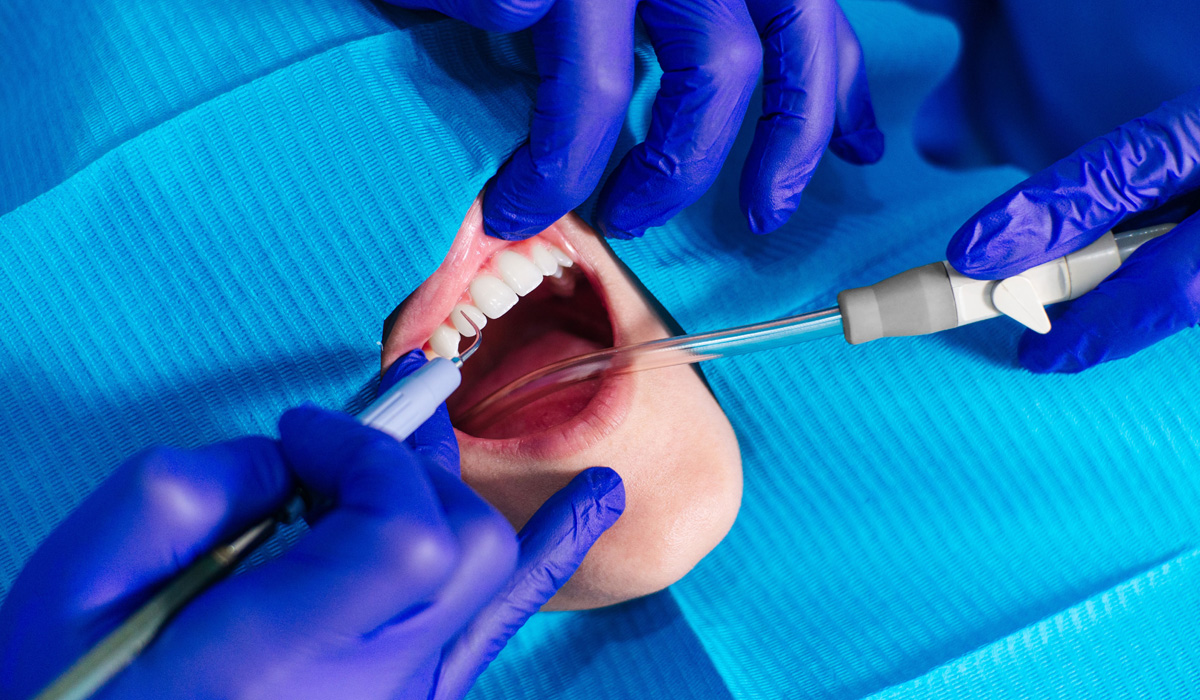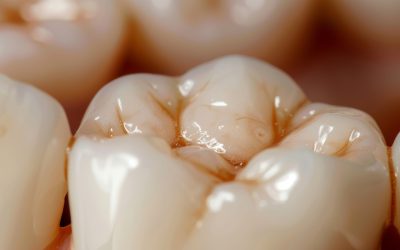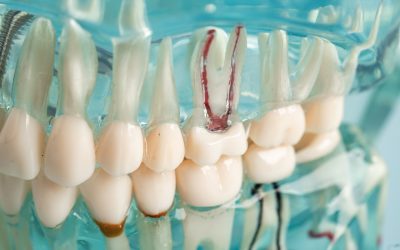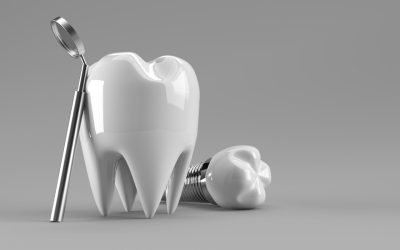A broken tooth can have a profound impact on your life, affecting not only your appearance but also your overall oral health and well-being. Whether caused by an accident, biting down on something hard, or simply the result of wear and tear, a broken tooth can lead to discomfort, sensitivity, and a loss of confidence. Thankfully, modern dentistry offers a variety of effective solutions to restore your smile to its natural beauty. In this guide, we’ll explore how to repair broken teeth, why prompt treatment is crucial, and what you can expect during the repair process.
The Importance of a Healthy, Complete Smile
Your smile is one of the first things people notice about you, and having a broken or damaged tooth can make you self-conscious. Beyond the aesthetic impact, a broken tooth can also lead to a range of oral health issues. Left untreated, it can worsen over time, resulting in pain, increased sensitivity, and even infection. That’s why it’s essential to address a broken tooth as soon as possible. Whether it’s a small chip or a more significant fracture, timely intervention can prevent further damage and help restore both the function and appearance of your teeth.
If you’ve suffered from a broken tooth, don’t wait—take the first step toward repairing your smile. Explore your options and schedule a consultation to restore both your confidence and oral health.
Common Causes of Broken Teeth
Broken teeth are a common dental issue, and understanding the causes can help you take steps to avoid future damage. Some of the most frequent reasons why teeth break include:
Accidents or Trauma: A fall, sports injury, or blow to the face can easily cause teeth to crack or break. Wearing a mouthguard during sports can help prevent this.
Biting on Hard Objects: Chewing on ice, hard candies, or even nuts can put unnecessary pressure on your teeth, leading to fractures or chips.
Untreated Cavities: Cavities weaken the tooth structure, making it more vulnerable to breaking, especially if left untreated for an extended period.
Aging Dental Work: Fillings, crowns, or other dental work may weaken over time, leading to breaks in the treated tooth.
By recognizing the potential causes, you can take precautions to protect your teeth from damage. But if a tooth does break, know that you’re not alone—broken teeth are a common issue, and there are several ways to repair them.

Why You Shouldn’t Wait to Fix a Broken Tooth
Ignoring a broken tooth may seem tempting, especially if the damage is minor and not causing immediate discomfort. However, delaying treatment can lead to more significant problems down the road. Here’s why it’s important to fix a broken tooth as soon as possible:
Increased Sensitivity and Pain: Even a small chip or crack can expose the sensitive inner layers of your tooth, leading to pain when eating, drinking, or brushing.
Risk of Infection: A broken tooth can create an opening for bacteria, increasing the likelihood of an infection in the tooth’s pulp or gums. In severe cases, this may lead to abscesses, which can cause serious health problems.
Further Damage: A minor break can easily worsen with time, turning a simple fix into a more complex (and costly) dental procedure.
Tooth Loss: If a broken tooth is not treated in a timely manner, the damage may become so extensive that the tooth cannot be saved and may need to be extracted.
Don’t wait for a minor issue to become a major problem. Promptly addressing a broken tooth can save you from more complicated procedures in the future. Schedule an appointment to discuss your treatment options.
Options for Repairing Broken Teeth
Fortunately, dental technology has advanced significantly, and there are several ways to repair broken teeth depending on the severity of the damage. Here are some of the most common options:
Dental Bonding: This is a quick, affordable, and painless solution for small chips or cracks. In this procedure, a tooth-colored resin is applied to the broken area and shaped to restore the tooth’s appearance. Bonding is ideal for minor cosmetic fixes and can usually be completed in one visit.
Dental Crowns: For more significant damage, a dental crown may be necessary. Crowns cover the entire tooth, providing protection and restoring its shape and function. They are typically made from porcelain, metal, or a combination of both. This option is ideal for teeth that have large fractures or decay.
Veneers: Veneers are thin porcelain shells that are placed over the front of the tooth to hide cracks or chips. They are primarily used for cosmetic purposes, especially on front teeth, and offer a natural-looking, long-lasting solution.
Root Canal and Crown: If the break has exposed the tooth’s nerve or has led to an infection, a root canal may be required. In this procedure, the infected pulp is removed, and the tooth is sealed. Afterward, a crown is placed to restore the tooth’s structure and protect it from further damage.
At our clinic, we offer all these services and more. Our team is skilled in providing personalized recommendations to fit your specific needs. Whether you need a quick fix or a more involved procedure, we’re here to help you restore your smile with care and precision.
What to Expect During the Tooth Repair Process
If you’ve never had dental work done before, the idea of repairing a broken tooth might feel intimidating. However, the process is usually straightforward and relatively painless. Here’s what you can expect:
Initial Consultation: During your first visit, the dentist will examine the extent of the damage and take X-rays if necessary. They will discuss your options and recommend the best course of action based on the severity of the break.
Treatment: Depending on the chosen treatment, the procedure will vary. Dental bonding and veneers are typically completed in one visit, while crowns or root canals may require two or more appointments. Local anesthesia will be used to ensure your comfort throughout the process.
Follow-Up and Aftercare: After the procedure, the dentist will provide you with instructions on how to care for your repaired tooth. Most patients can resume their normal routine the same day, although some sensitivity or mild discomfort is normal in the first few days after treatment.
At our clinic, we prioritize patient comfort and use the latest technology to ensure the best results. We provide tailored care to meet each patient’s unique needs, ensuring that your smile is restored both aesthetically and functionally.

Take the First Step Toward Repairing Your Smile
A broken tooth doesn’t have to be a permanent problem. With prompt treatment and the right care, you can restore your smile and prevent further damage. Whether you need a simple fix like dental bonding or a more involved procedure like a root canal, there are numerous solutions available to help you get back to smiling with confidence.
Don’t let a broken tooth affect your quality of life. Reach out to our clinic today and take the first step toward returning your smile to its full, healthy potential.








